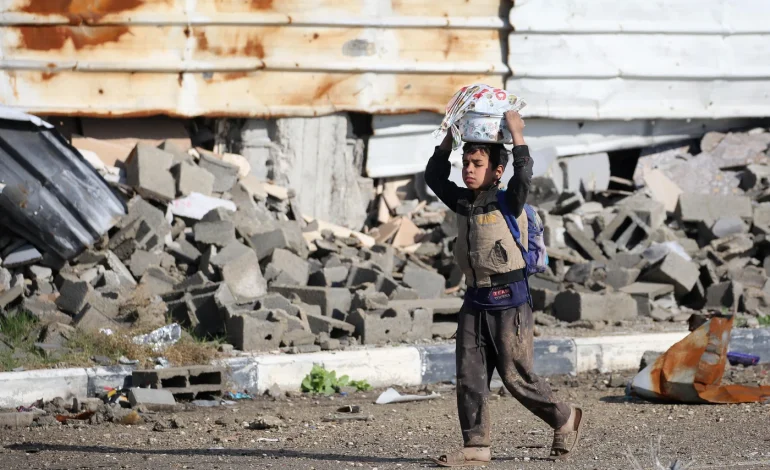Ceasefire Exchange: Three Captives Released for Hundreds of Palestinian Prisoners

As part of the ongoing ceasefire in Gaza, three captives held by Hamas and Palestinian Islamic Jihad will be released on Saturday in exchange for 369 Palestinians detained in Israeli jails, Al Jazeera reports.
The released captives were identified as US-Israeli Sagui Dekel-Chen, Russian-Israeli Alexandre Sasha Troufanov, and Argentinian-Israeli Yair Horn. Their release marks a continuation of the prisoner exchange agreement brokered as part of the ceasefire initiated on January 19.
While the identities of the Palestinians slated for release remain undisclosed, Israeli media outlets report that 333 were arrested within Gaza and will be returned to the besieged enclave. An additional 10 are to be released in the occupied West Bank, one in occupied East Jerusalem, and 25 will be transferred to either Gaza or Egypt.
To date, Hamas has released a total of 21 captives, including 16 Israelis, since the ceasefire commenced.
According to sources, the ceasefire is expected to transition into its second phase on March 1st, though the specifics of this next stage remain unclear. One key aspect of the upcoming phase is anticipated to involve the release of Israeli soldiers, however, negotiations on the details are still pending.
The process has not been without its challenges. Earlier this week, Hamas threatened to postpone the next release of captives, citing alleged Israeli violations of the ceasefire terms. The group accused Israel of failing to facilitate the agreed-upon shipments of tents and shelters into Gaza, among other grievances.
Israel, backed by the support of US President Donald Trump, responded that it would resume military operations if the agreed-upon releases did not proceed. However, the Israeli government has not officially commented on Hamas’s accusations of ceasefire violations.
Hamas reported that it had engaged in discussions with Egyptian officials in Cairo and was communicating with Qatar’s prime minister regarding the urgent need for increased deliveries of shelters, medical supplies, fuel, and heavy equipment to facilitate the clearing of extensive rubble in Gaza. This equipment is the key demand of Hamas. The organization further stated that the mediators had guaranteed to “remove all hurdles” impeding these vital shipments.









The latest news in your social feeds
Subscribe to our social media platforms to stay tuned